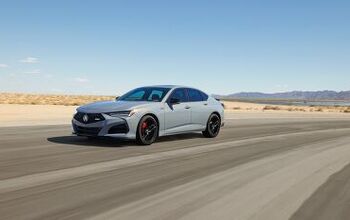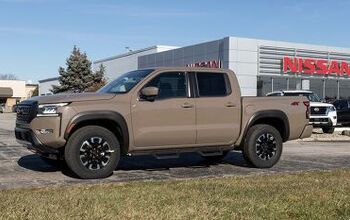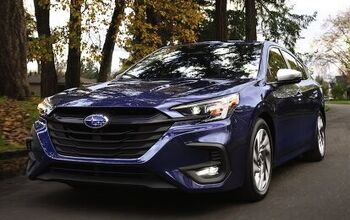Study: US Better Off Funding EV Charging Infrastructure Over Tax Incentives
According to a new study, federal funding of EV charging infrastructure would do more to increase EV adoption rates than what tax credits do now.
The National Science Foundation discovered that the total amount of credits dispersed between 2011 and 2013 came out to $1.05 billion, enough to build over 60,000 charging stations had the subsidies gone towards such things; the figure is equal to half of all gas stations in the United States. In turn, an additional 60,000 stations would boost adoption rates to five times the current rate.
Another part of the study focused how EV and PHEV owners charged their vehicles, looking at ways to bring low-cost, more efficient charging to the home. Most owners use a standard 120-volt outlet for overnight charging, while direct-current charging boosts recharge rates four to six times above alternating-current charging, but at a cost of $15,000 to $25,000 for the equipment.
As for outside of the home, the NSF developed an intelligent charging system that would optimize charging costs at malls or parking garages, while managing the charging itself to reduce strain on the electric grid.
The study comes as the U.S. will likely fall short of the 1-million EV goal set by President Barack Obama for the end of 2015; just over 250,000 EVs have been sold in the U.S. since 2010.
Seattle-based writer, blogger, and photographer for many a publication. Born in Louisville. Raised in Kansas. Where I lay my head is home.
More by Cameron Aubernon


































Comments
Join the conversation
I have an idea for a CHAdeMO/CCS charging network. Tesla should install them at all of their superchargers and service centers. Why? The best source of customers for the Model 3 and even the S will be current EV owners. Require registration for the network and when the Model 3 comes out, you've got a mailing list. At the service center, "while you're waiting for your Leaf to charge, would you like to try a Model 3? We'll text you when your car is ready". It would be great marketing.
The US and US Government wants cheap energy. Now it appears the US Government is competing against it's wishes. So, who loses out here? Someone must pay for this illogical waste. Ah.....the consumer (taxpayer). Well, I suppose these people were voted in and it's what the US wants. What a waste of resources. Let EVs stand on there own two feet.
Insanity! The biggest barrier to electric vehicle adoption is the COST of the battery, not the range. Charging the battery pack faster reduces its life and increases the cost per mile. A better and much less expensive incentive would be to provide free parking for electric vehicles with a power outlet available for slow charging.
You have it half right. Range *is* an issue for the majority of EV's today. If all EV's had Tesla like range they would surely have greater adoption, but as you rightly surmise, cost prevents that from occurring. Fast charging from a technical point of view is more efficient in use of electricity. The impact on the batteries life are overstated. The equipment necessary to do it is the barrier. Rapid charging is a fraction of the charging infrastructure needed, but is the one that requires funding for it to happen in the first place. I agree that trickle charging in the majority of locations would help leverage the electrical infrastructure we have in the ground at minimal cost and do the most to drive adoption.